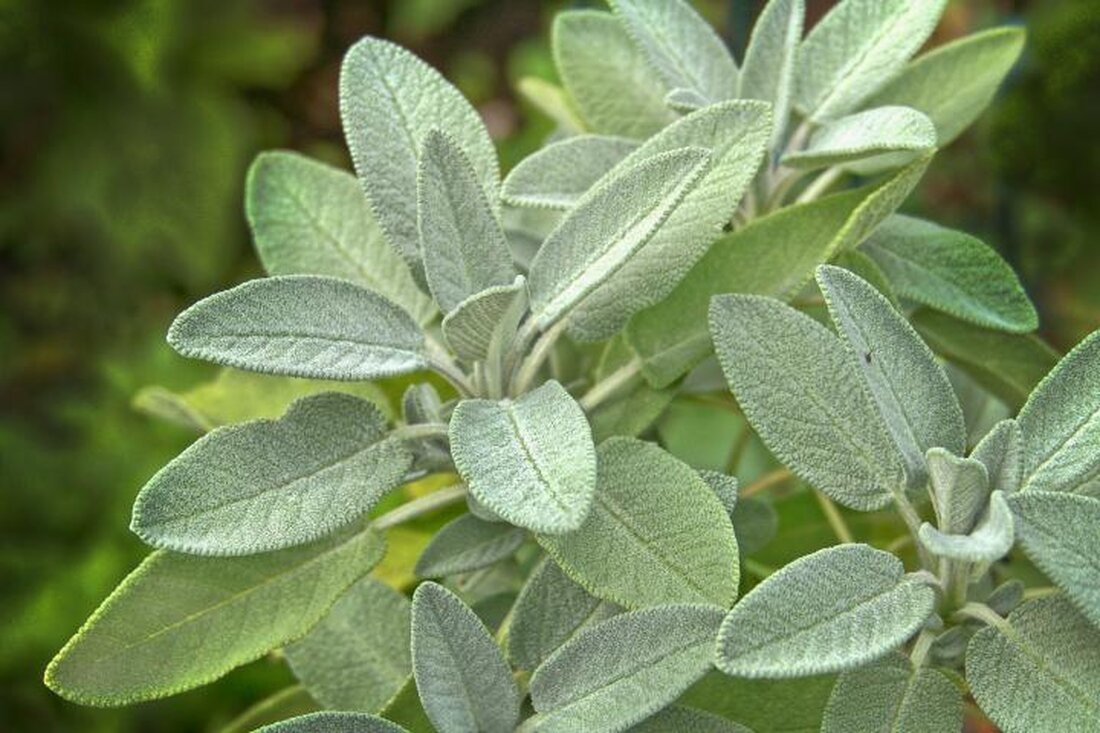Spices for Depression - They can really perk up your mood
Some spices such as saffron, sage, cardamom and chili peppers are known to have specific antidepressant effects. while others work indirectly by improving the overall health of the individual. General Effects of Spices Spices have the highest antioxidant activity of any food type, including fruits and vegetables (American Journal of Clinical Nutrition 2006). Antioxidants are very important in counteracting free radical damage, which in turn can worsen or cause many degenerative diseases. All chronic degenerative diseases are associated with free radical damage and an increased incidence of depression. Therefore, prevention or treatment by consuming antioxidant-rich foods such as spices also helps prevent the occurrence…

Spices for Depression - They can really perk up your mood
Some spices such as saffron, sage, cardamom and chili peppers are known to have specific antidepressant effects. while others work indirectly by improving the overall health of the individual.
General effects of spices
Spices have the highest antioxidant activity of any food type, including fruits and vegetables (American Journal of Clinical Nutrition 2006). Antioxidants are very important in counteracting free radical damage, which in turn can worsen or cause many degenerative diseases.
All chronic degenerative diseases are associated with free radical damage and an increased incidence of depression. Therefore, prevention or treatment by consuming antioxidant-rich foods such as spices also helps reduce the occurrence of depression.
Saffron
For centuries, saffron has been used to treat depression in traditional Persian medical systems.
Recently, several clinical studies have shown that this yellow spice is actually as effective as many of our current antidepressants in treating mild to moderate depression.
The first of these was a double-blind, placebo-controlled study in which patients with depression were given 30 mg of saffron extract daily for six weeks. At the end of this period, depression had improved far more in the treatment group than in the placebo group.
Two other clinical trials compared depressed patients taking saffron with those taking two commonly prescribed antidepressants, imipramine and fluexitine (Prozac). Both studies found saffron to be at least as effective as the two modern drugs. An important bonus was that no side effects were observed in the patients taking saffron.
Pepperoni
Chilies also have mood-enhancing effects. They stimulate a specific type of pain receptor (TRPV1) on sensory nerve endings. When these nerves are stimulated, they signal the brain to release chemicals called endorphins. Endorphins, in turn, stimulate the release of the brain chemical dopamine, which in turn acts as a mood enhancer and relieves depression.
Many modern antidepressants also work by increasing dopamine levels in the brain.
sage
A double-blind, placebo-controlled study showed that sage reduced anxiety and increased mood. It has been known for several years that compounds in this spice inhibit cholinesterase, an enzyme closely involved in the transmission of signals across nerve synapses.
Sage has the added benefit of improving memory.
cardamom
Cardamom has been used for thousands of years by traditional Ayurvedic practitioners to treat depression in India. Although there are no clinical studies supporting the use of this spice to treat depression, there are biochemical reasons that provide a clue as to why it is effective.
As with other organs, the brain is exposed to toxins, free radical damage, and other environmental and genetic insults. Aging and environmental damage can increase the tendency to develop depression. However, this susceptibility can be reduced by using one or more of the spices known to have antidepressant properties. In addition, the diet should include a variety of other spices, most of which contain neuroprotective phytonutrients. Some of these may also have yet-to-be-discovered mood-enhancing properties.

 Suche
Suche
 Mein Konto
Mein Konto
